Says Trump administration failed to provide sufficient justification for gaining access to the information
 Federal judge Deborah Boardman on Monday, February 24, 2025 issued a temporary restraining order saying disclosure of the education department’s sensitive personal information to DOGE affiliates is irreparable harm that money damages cannot rectify.” She also said the Office of Personnel Management can’t disclose the information.
Federal judge Deborah Boardman on Monday, February 24, 2025 issued a temporary restraining order saying disclosure of the education department’s sensitive personal information to DOGE affiliates is irreparable harm that money damages cannot rectify.” She also said the Office of Personnel Management can’t disclose the information.
In her opinion, Judge Boardman wrote that “DOGE affiliates have been granted access to systems of record that contain some of the plaintiffs’ most sensitive data — Social Security numbers, dates of birth, home addresses, income and assets, citizenship status, and disability status — and their access to this trove of personal information is ongoing. There is no reason to believe their access to this information will end anytime soon because the government believes their access is appropriate.”
It should be noted that last week a federal judge in a related case refused to issue a restraining order restricting Musk’s team, finding that the group that brought the lawsuit had not shown that a group of students who had lodged similar complaints had suffered clear harm by having their data analyzed by affiliates of Mr. Musk.
 OPINION: At Yavapai Community College, President Dr. Lisa Rhine’s leadership has fostered a pervasive culture of fear among faculty and staff. Employees risk termination for as little as engaging with a District Governing Board member or responding to media inquiries—a directive Dr. Rhine has enforced with unmistakable clarity.
OPINION: At Yavapai Community College, President Dr. Lisa Rhine’s leadership has fostered a pervasive culture of fear among faculty and staff. Employees risk termination for as little as engaging with a District Governing Board member or responding to media inquiries—a directive Dr. Rhine has enforced with unmistakable clarity.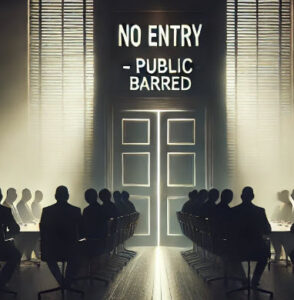 The Yavapai Community College Governing Board’s first order of business at its February 18 meeting was to call a secret executive session to discuss “Facility Safety and Security Measures.” Only three of the five Governing Board members attended the secret meeting in addition to College president Dr. Lisa Rhine.
The Yavapai Community College Governing Board’s first order of business at its February 18 meeting was to call a secret executive session to discuss “Facility Safety and Security Measures.” Only three of the five Governing Board members attended the secret meeting in addition to College president Dr. Lisa Rhine. COMMENTARY: The actions by the Trump administration’s newly created Department of Government Efficiency (DOGE) may have a significant impact on the operations of Yavapai Community College. There is concern because DOGE is already taking away millions of dollars in existing grants and contracts from various educational institutions. In addition to this concern, the Trump administration has mandated that educational institutions eliminate anything that directly or indirectly might be linked to what are commonly called “Diversity, Equity and Inclusion (DEI)” programs or projects.
COMMENTARY: The actions by the Trump administration’s newly created Department of Government Efficiency (DOGE) may have a significant impact on the operations of Yavapai Community College. There is concern because DOGE is already taking away millions of dollars in existing grants and contracts from various educational institutions. In addition to this concern, the Trump administration has mandated that educational institutions eliminate anything that directly or indirectly might be linked to what are commonly called “Diversity, Equity and Inclusion (DEI)” programs or projects. The Patty McMullen-Mikles art Gallery on the Verde Campus will host a unique exhibit starting February 25 and running until March 27. An opening reception for the exhibit, Sustainable Art, will be held Thursday, March 6 from 5 – 7 p.m.
The Patty McMullen-Mikles art Gallery on the Verde Campus will host a unique exhibit starting February 25 and running until March 27. An opening reception for the exhibit, Sustainable Art, will be held Thursday, March 6 from 5 – 7 p.m. The Yavapai Community College District Governing Board will hold a meeting on Tuesday, February 18, via YouTube. The meeting was originally scheduled to take place at the Rock House on the Prescott Campus. However, Board Chair Deb McCasland abruptly changed the format to a virtual Zoom meeting, informing the Board in part that “after learning of safety concerns related to our board meetings,” she “decided that governing board meetings will be held virtually until further notice.”
The Yavapai Community College District Governing Board will hold a meeting on Tuesday, February 18, via YouTube. The meeting was originally scheduled to take place at the Rock House on the Prescott Campus. However, Board Chair Deb McCasland abruptly changed the format to a virtual Zoom meeting, informing the Board in part that “after learning of safety concerns related to our board meetings,” she “decided that governing board meetings will be held virtually until further notice.”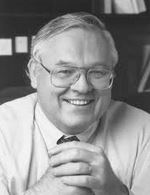
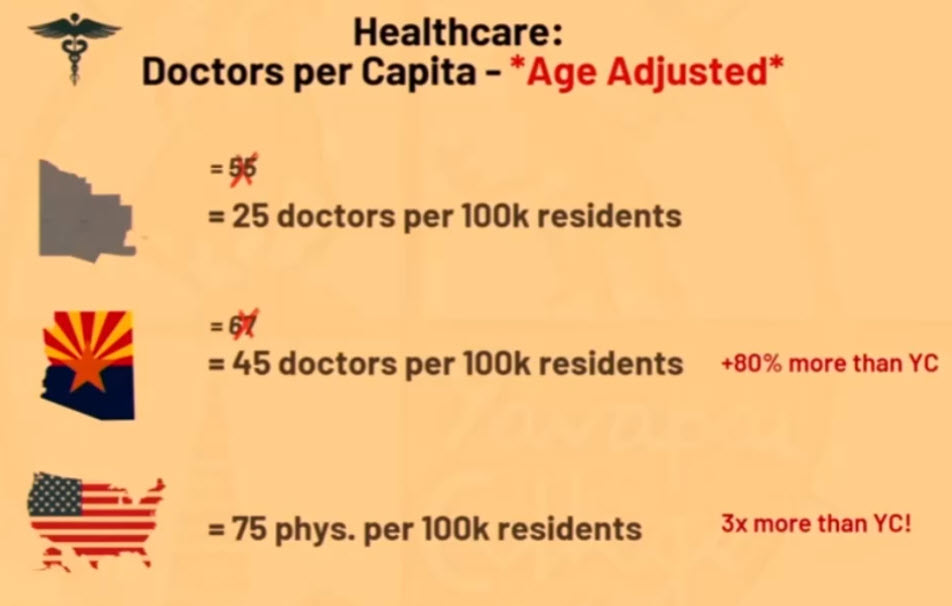
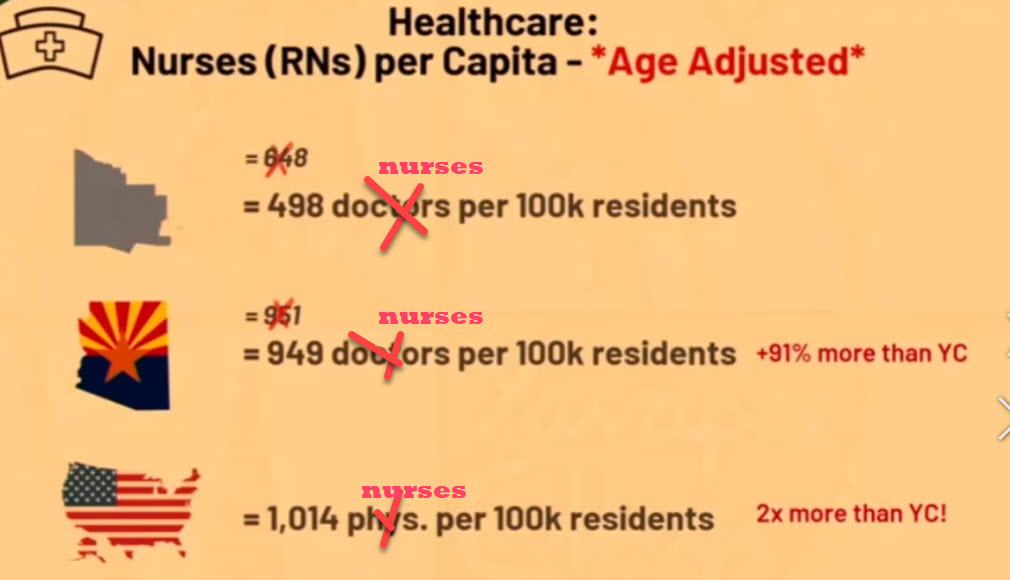
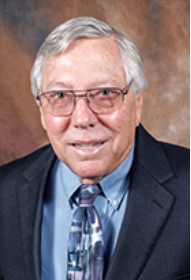
 At the January 28, 2025, Governing Board meeting, Yavapai Community College economist and data analytics expert Ryan Jones presented an analysis of a recent HOPE survey that showed the percentage of homeless students within the College’s student population. According to the survey—produced by Temple University and distributed to participating colleges, including Yavapai Community College—six percent of Yavapai’s student body reported experiencing homelessness at some point in the past year.
At the January 28, 2025, Governing Board meeting, Yavapai Community College economist and data analytics expert Ryan Jones presented an analysis of a recent HOPE survey that showed the percentage of homeless students within the College’s student population. According to the survey—produced by Temple University and distributed to participating colleges, including Yavapai Community College—six percent of Yavapai’s student body reported experiencing homelessness at some point in the past year.